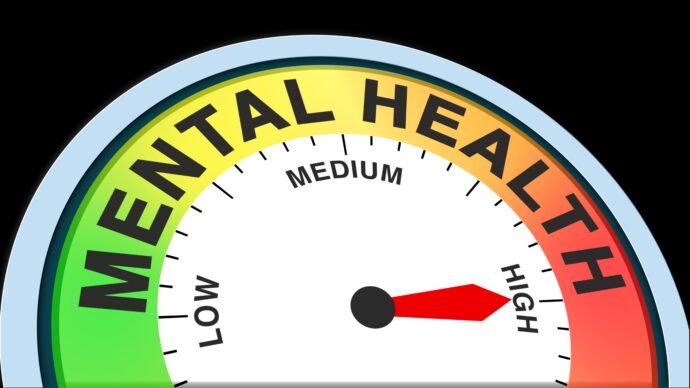NEWS
MHiP – Healthy minds = safe ports
Campaigns |Published: Mar 27, 2025

The smooth functioning of UK ports depends on the hard work and focus of every individual, from dockworkers to operations managers and every port will have a Health and Safety’ department. While physical safety has long been a primary focus of the ‘health’ part of H&S, the link between good mental health and a good safety culture is often over-looked.
And just like every H&S department will tell you that “Safety is everyone’s responsibility, not just the H&S departments”, maintaining a healthy mind isn’t just a matter for one person, or something to deal with once it gets ‘bad’. Mental wellbeing plays a critical role in workplace safety and efficiency and affects everyone. When mental well-being is prioritised, ports become safer, more productive environments.
In the demanding environment of port operations, a worker’s mental health can directly impact their ability to perform tasks safely and effectively. Chronic stress, fatigue, and feelings of isolation can lead to decreased alertness, impaired decision-making, and a higher likelihood of accidents. By supporting mental well-being, ports not only promote the health of individual workers but also enhance overall workplace safety. When workers feel mentally well, they are more focused, communicative, and responsive, reducing the risk of mistakes and ensuring a safer workplace for everyone.
The benefits of prioritising mental health in port safety
When mental health is treated as an integral part of safety, the benefits are felt throughout port operations. Workers who feel supported and mentally well are more alert, engaged, and less likely to make mistakes. They communicate more openly, are better equipped to handle stressful situations, and demonstrate higher levels of resilience. In turn, this leads to a safer, more productive work environment where risks are minimised, morale is higher, and workers feel valued.
Similarly, if safety culture in ports is not just focused on preventing physical injuries, but expanded to include the culture of maintaining good mental well-being, ports can provide a more comprehensive approach to a good culture which increases regard for physical safety, and so on through the cycle.
This shift requires commitment from leaders who recognise the importance of mental well-being, modelling healthy behaviours, and advocating for supportive policies. When leadership demonstrates that mental well-being is a priority, it encourages workers at all levels to take care of themselves and look out for one another.
Healthy minds are the foundation of safe ports. By fostering a culture that values mental health as part of safety, UK ports can create an environment where workers are mentally resilient, focused, and prepared to meet the demands of a challenging industry. Supporting mental well-being not only helps individual workers but also strengthens overall port operations, ensuring a safer, healthier, and more successful port community. When ports prioritise both physical and mental safety, they build a workforce that is equipped to thrive and contribute to the ongoing success of the industry.
What do you think about the relationship between physical health and mental health and their impact on safety? Continue the conversation on our LinkedIn page and use the tag MHiP2025.
